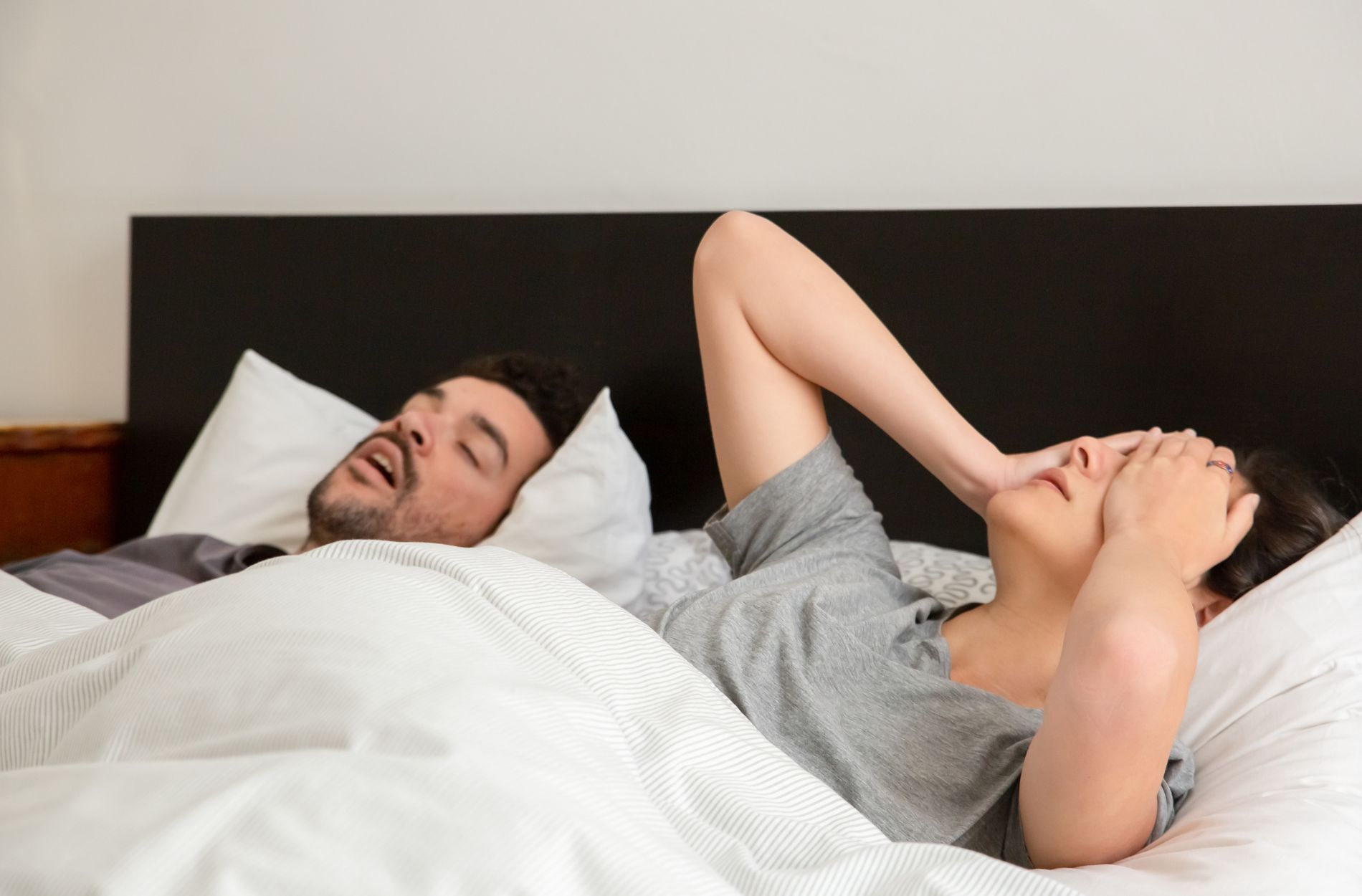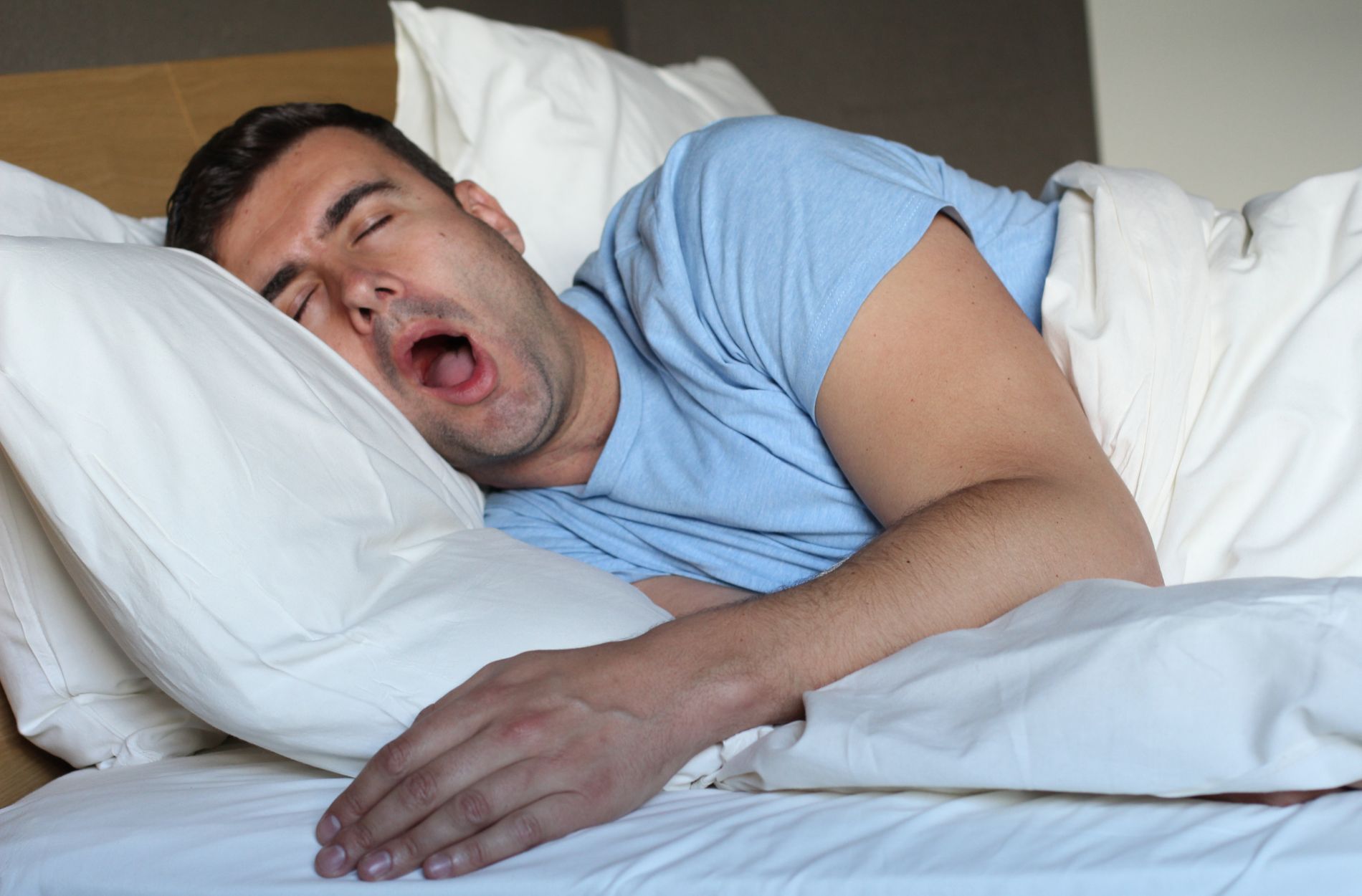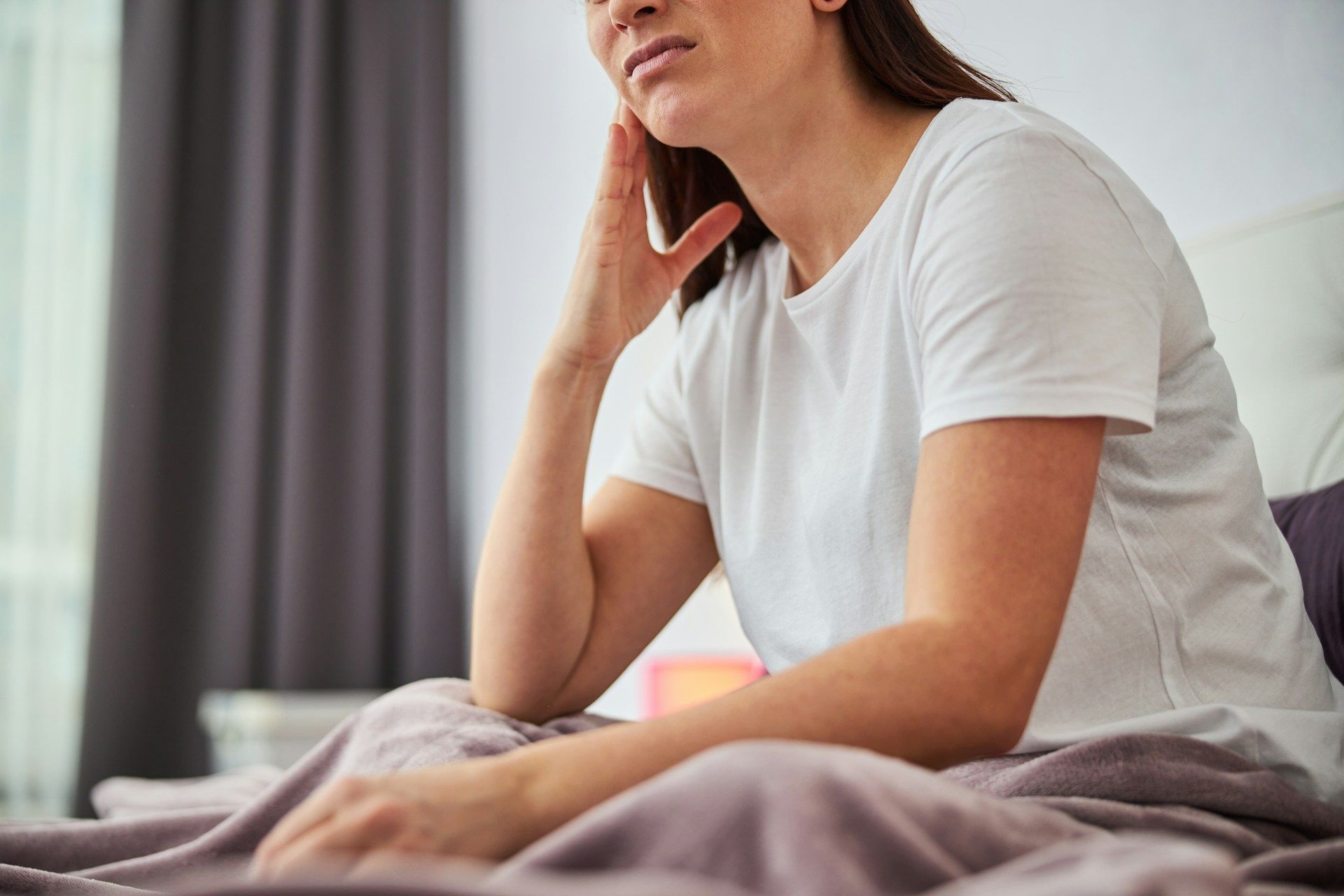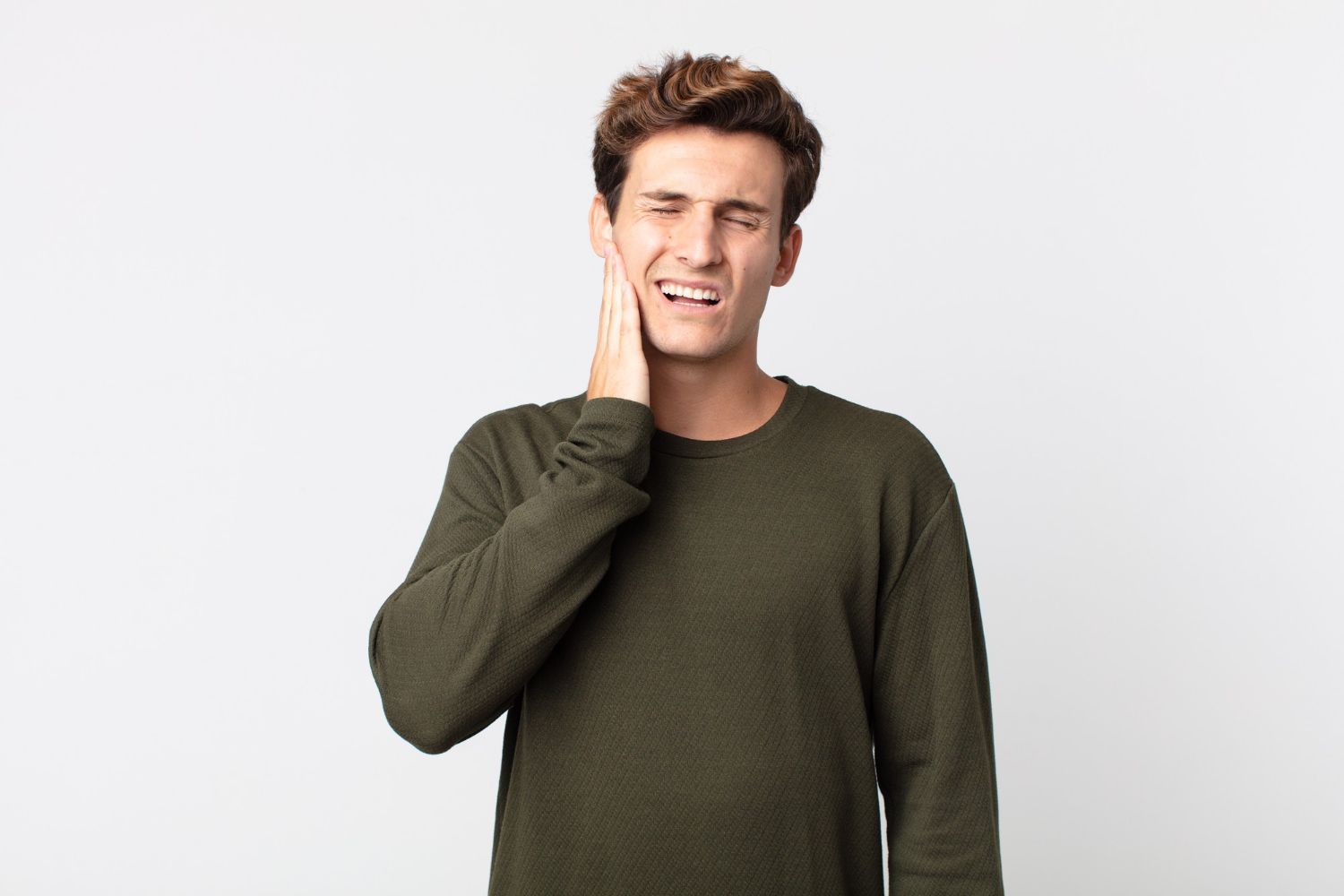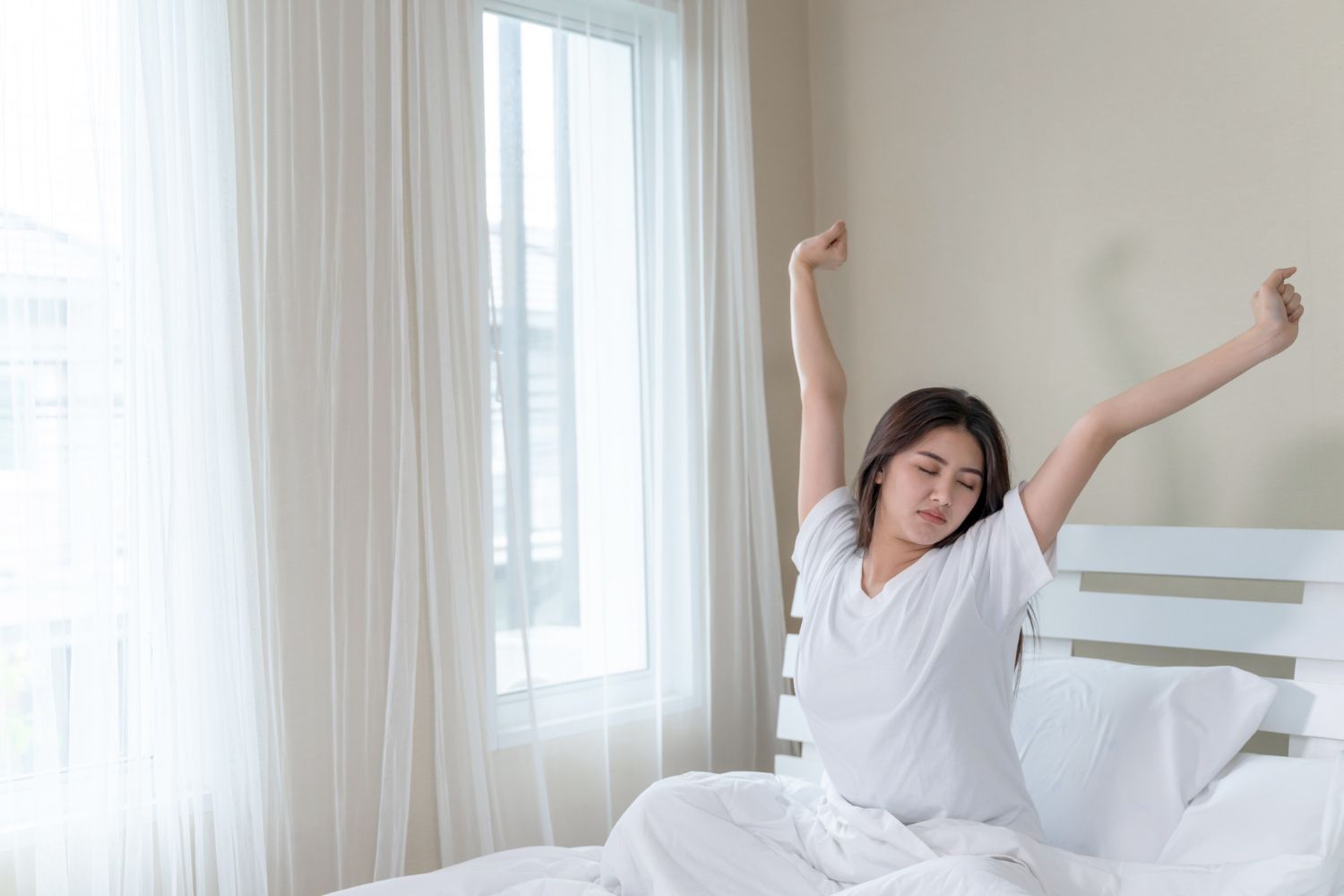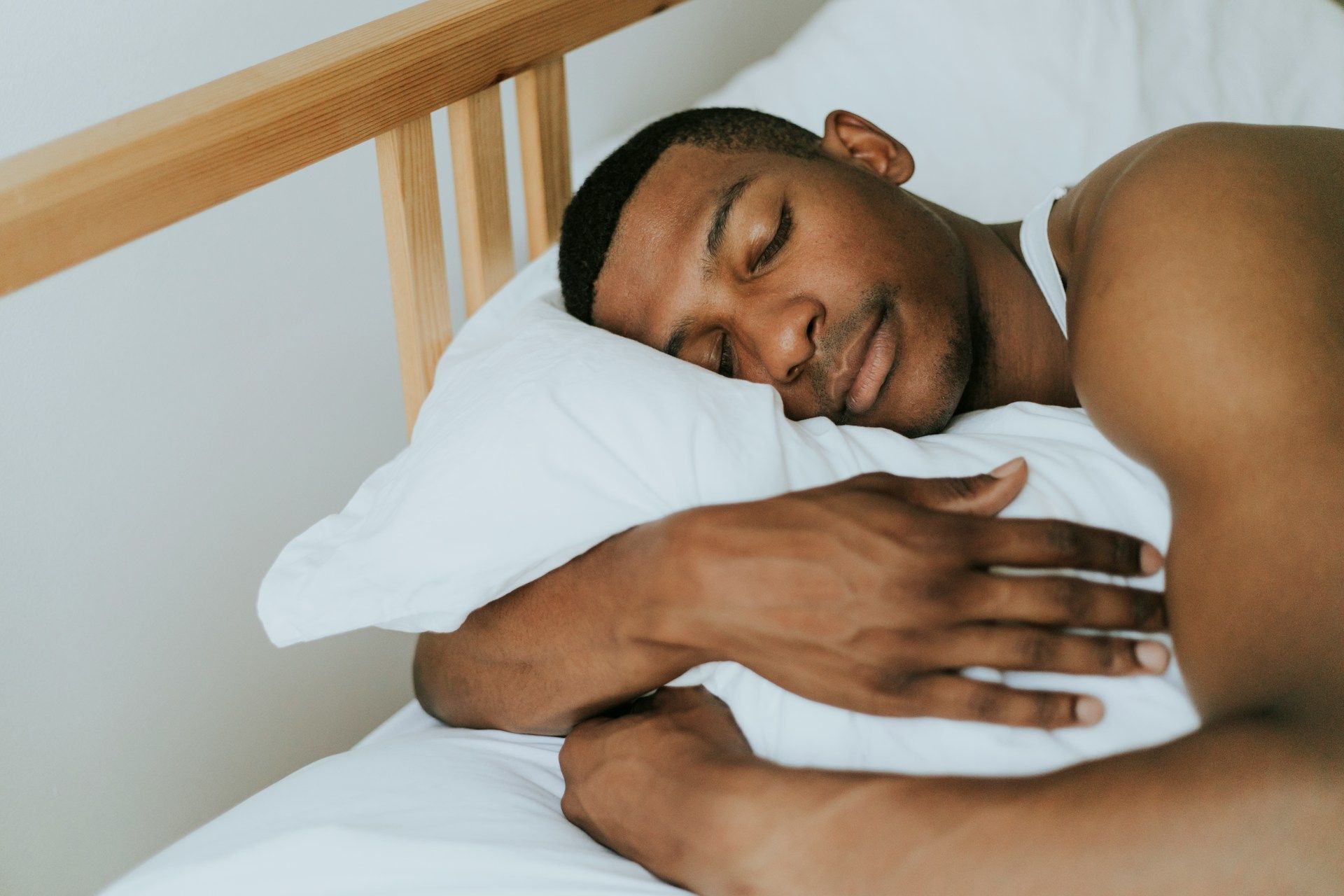Home Remedies for Sleeping Better Without Snoring
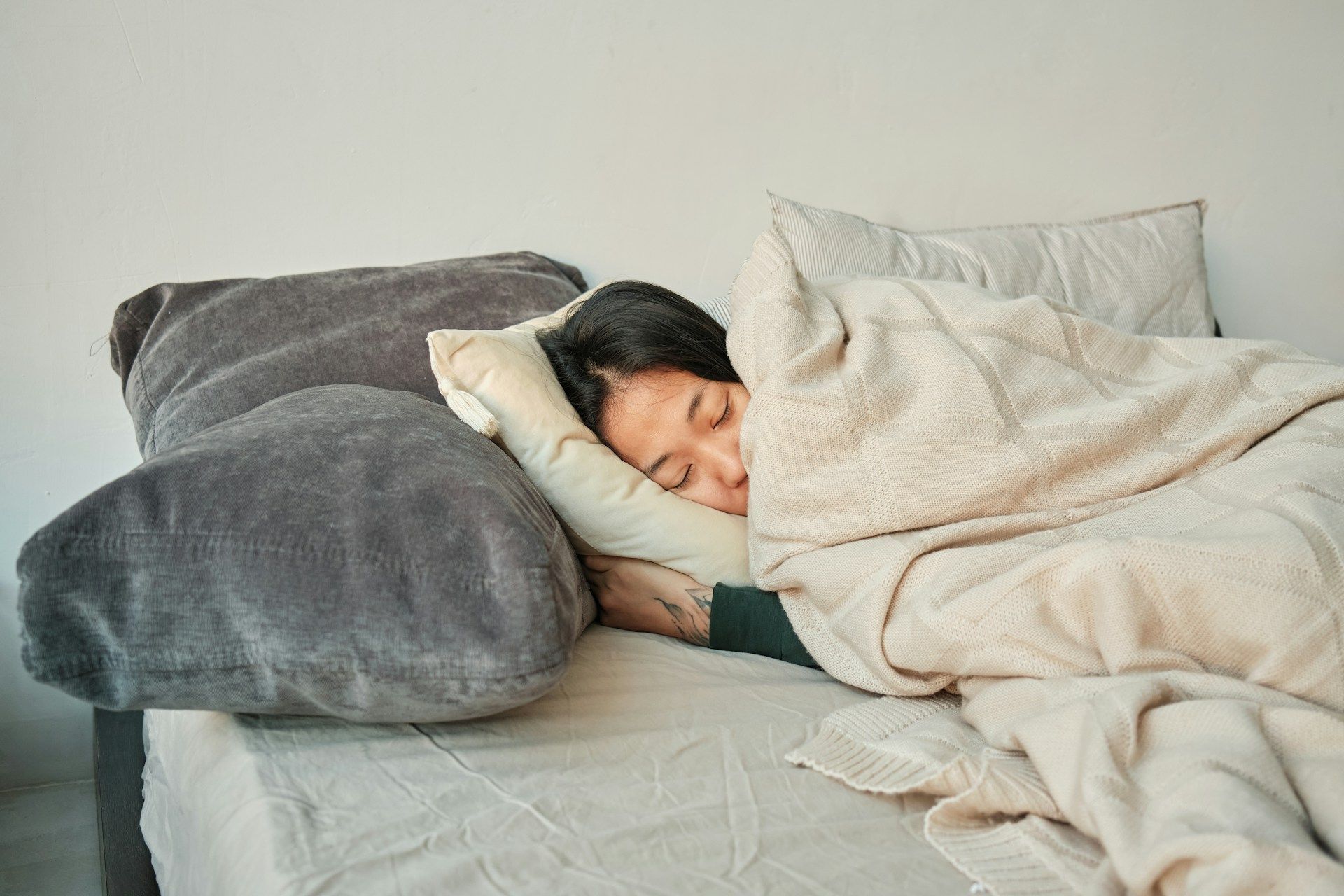
Snoring is a common issue that many people face during sleep, often leading to restless nights for both the individual and their sleep partner. It occurs when the flow of air through the mouth and nose is partially obstructed during sleep, causing the tissues in the throat to vibrate. This can be more than just a minor inconvenience, affecting sleep quality and sometimes indicating a more serious health problem. Understanding how to mitigate snoring can enhance your overall sleep health and bring about a more peaceful night's rest.
Dr. Cameron Kuehne from The Center For Sleep Apnea and TMJ shares valuable insights on how to improve sleep quality by addressing snoring at home. With practical advice rooted in years of expertise, he offers solutions that can be implemented without professional interventions, focusing on daily habits and adjustments. Let's explore some of these strategies that can help you enjoy a night of uninterrupted sleep.
Understanding the Causes of Snoring
Snoring can stem from various origins, and understanding these can aid in pinpointing effective solutions. Here are some common causes:
1. Nasal Congestion: This is often due to allergies, colds, or sinus infections that block airflow.
2. Sleep Position: Sleeping on your back can cause your tongue to move to the back of your throat, partially obstructing airflow.
3. Mouth Anatomy: Things like a thick soft palate or elongated uvula can narrow the opening from the nose to the throat, creating snoring sounds.
4. Alcohol Consumption: Drinking alcohol in the evening can relax the muscles in your throat, increasing the likelihood of snoring.
5. Sleep Deprivation: Not getting enough sleep can lead to further throat relaxation, also contributing to snoring.
These factors all disrupt the natural flow of air, leading to the characteristic sound of snoring. Addressing these causes directly through lifestyle changes and home remedies can significantly reduce snoring intensity and frequency.
Simple Home Remedies to Reduce Snoring
While Dr. Cameron Kuehne emphasizes the importance of understanding the underlying causes, he also suggests straightforward remedies to tackle snoring at home:
1. Elevated Sleeping Position: Elevating the head by about four inches can ease breathing by keeping airways open. Using an extra pillow or adjustable bed can help.
2. Using a Humidifier: A humidifier adds moisture to the air, reducing nasal congestion and throat dryness, which can both contribute to snoring.
3. Avoiding Alcohol and Sedatives: Steering clear of these substances before bed helps keep throat muscles from relaxing too much, thereby reducing snoring.
4. Sleeping on Your Side: This simple shift in position can prevent the tongue and soft tissues from blocking the airway, minimizing snoring.
Implementing these remedies can lead to noticeable improvements in sleep quality. By making conscious changes, you can create a more restful and quieter environment for both yourself and your loved ones.
Breathing Exercises Recommended by Dr. Cameron Kuehne
Breathing exercises can serve as an excellent tool to reduce snoring and enhance sleep quality. Dr. Cameron Kuehne suggests incorporating some simple routines into your daily schedule. These exercises help strengthen the muscles around the airway, ensuring they remain open while you sleep.
1. Diaphragmatic Breathing: This exercise involves deep breathing using your diaphragm.
- Begin by lying on your back with your knees bent.
- Place one hand on your chest and the other on your stomach.
- Inhale deeply through your nose, letting your belly push against your hand. Ensure the hand on your chest remains still.
- Exhale slowly through pursed lips, allowing your stomach to fall. Repeat this cycle for a few minutes each day.
2. Tongue and Throat Exercise: Strengthening the tongue and throat muscles can prevent them from collapsing into the airway.
- Stick your tongue straight out as far as it goes.
- Move it up, then down, and side to side. Do this for a few minutes each day.
By incorporating these exercises, you might not only reduce your snoring but also improve your overall respiratory health. Consistency is key, so try to make these a part of your daily routine to see the best results.
When to Seek Professional Help for Snoring
While home remedies and exercises can significantly reduce snoring, there are instances where it might signal an underlying condition requiring medical insight. If your snoring persists, it's essential to recognize when professional help might be necessary.
- Loud and Habitual Snoring: If snoring disturbs your partner's sleep regularly or can be heard in another room, it may be more than a simple disruption.
- Observation of Breath Pauses: If your partner notices prolonged pauses in breathing during your sleep, seek advice immediately.
- Daytime Symptoms: Excessive daytime sleepiness, morning headaches, or trouble focusing suggest that your sleep isn't restful.
Dr. Cameron Kuehne emphasizes the importance of evaluating persistent snoring to rule out conditions like sleep apnea, which could pose severe health risks. If you've tried home strategies without success, it's time to consult a specialist who can offer more targeted treatments.
Path to Better Sleep
Improving sleep quality doesn't happen overnight, but with dedication and the right methods, achieving restful nights is possible. Stay open to modifying your bedtime routine, incorporating breathing exercises, and reassessing lifestyle habits that might contribute to snoring.
By addressing the causes of snoring and applying these remedies, you can create a healthier, more peaceful sleep environment. Although snoring may seem a stubborn habit, the right approach tailored to your needs can make a significant difference.
Don't wait until snoring becomes a bigger issue. Tackle it with confidence and consistency, and consider reaching out to professionals like Dr. Cameron Kuehne to guide you on the way to uninterrupted sleep.
To find relief from persistent sleep issues and understand more about how sleep conditions may affect you, explore resources on sleep apnea in Boise. CSAT Meridian - The Center For Sleep Apnea and TMJ can guide you with expert advice from Dr. Cameron Kuehne to improve your sleep health. Learn more about potential solutions and take the step towards a restful night.

